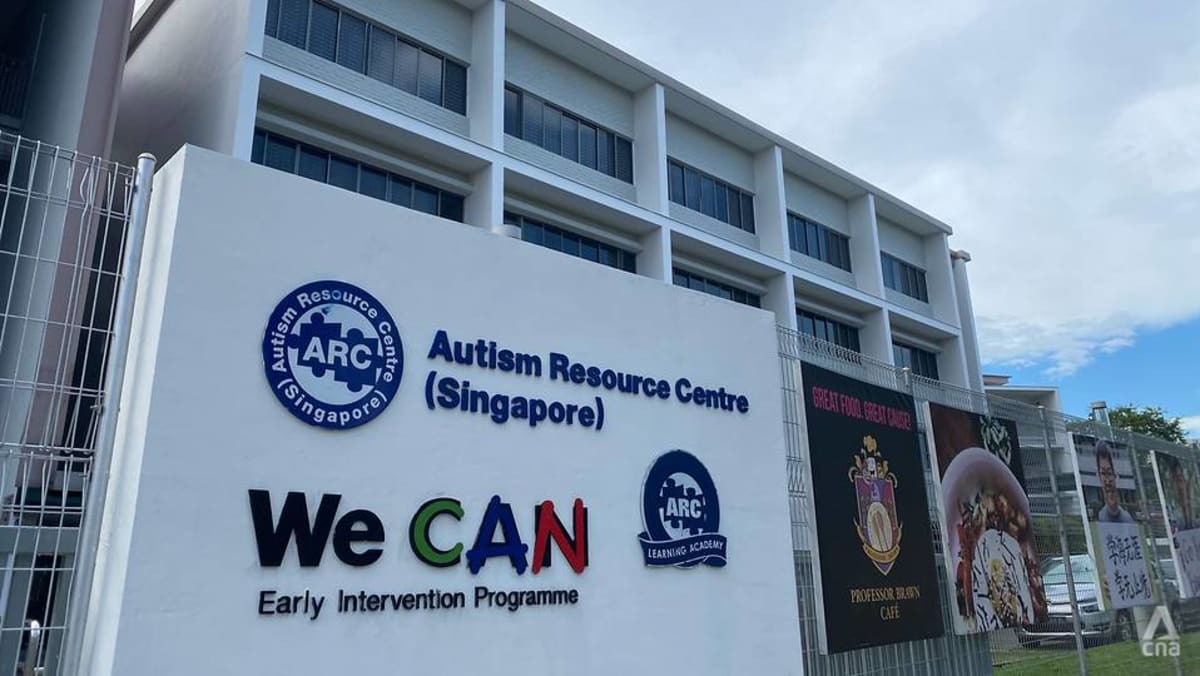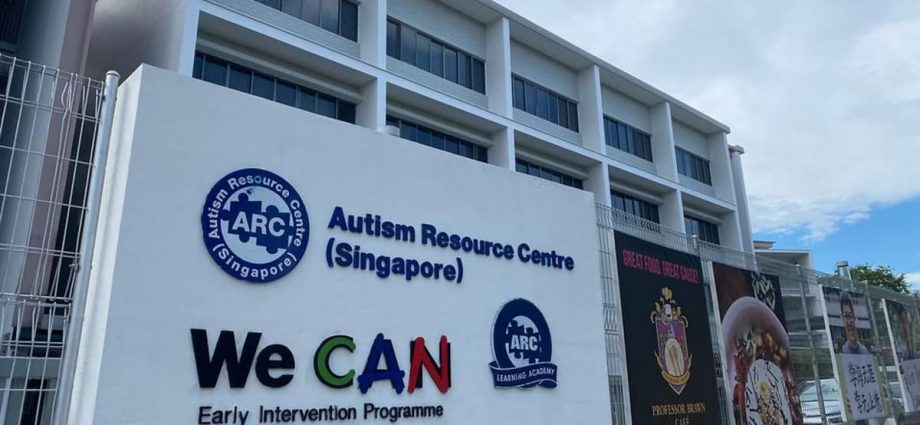
“Over the years, there have been a lot of services and investment of resources into the early years. So there are great improvements in our disability services for the young, like early intervention and education,” Dr Sim told CNA’s Singapore Tonight on Friday (Mar 31).
“But because autism is really for life, it is equally important that we have more services in the adult space – better planning, better allocation of resources and support across the life stages.”
Parents who set up a pizza stall in Taman Jurong in hopes that their autistic son would one day have a job made the news recently and put a spotlight on the difficulties that adults with autism face.
POST-GRADUATION
Currently, students work with transition coordinators and may enrol in various vocational training programmes or courses upon graduation.
Those who are not ready to enter the workforce face a “bleak scenario” said professionals, as they are limited to day activity centres.
The waitlist for such centres ranges from one month to five years, and although they provide care and skills training, they do not provide employment opportunities or community support, said Autism Network Singapore (ANS).
“When we say ‘work ready’, who is to decide when a person, who is differently-abled, can be work ready?” asked Ms Jayne Nadarajoo, the founding director of The GUILD International College, an education programme for young adults with special needs.
“Why should a differently-abled person be forced into employment, to live independently, when we don’t ask that of other typical young people in our country? Some students are not suited for day activity centres, but are also not ready to transition to further education or employment.”
Her programme, which caters to those aged 12 to 25, gives students a longer runway before they enter the workforce, and equips them with trade-based skills.

